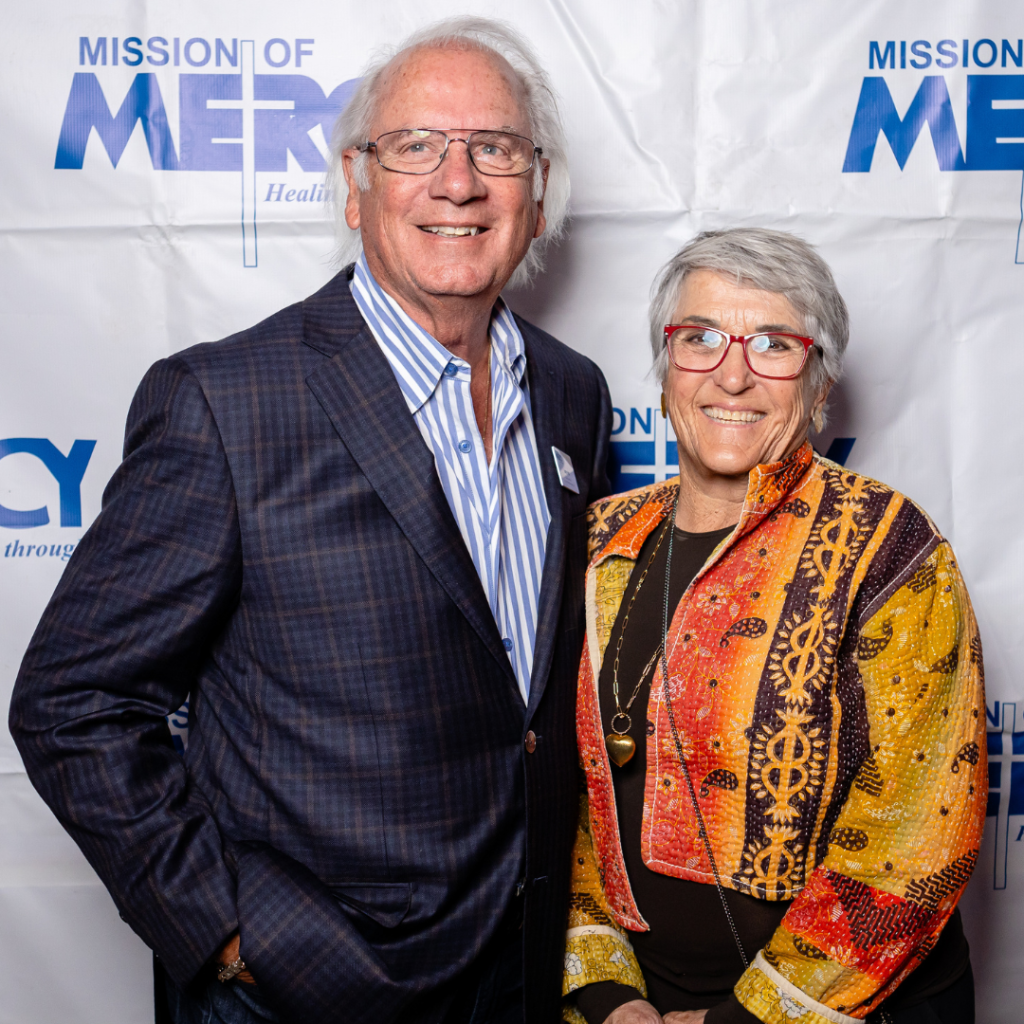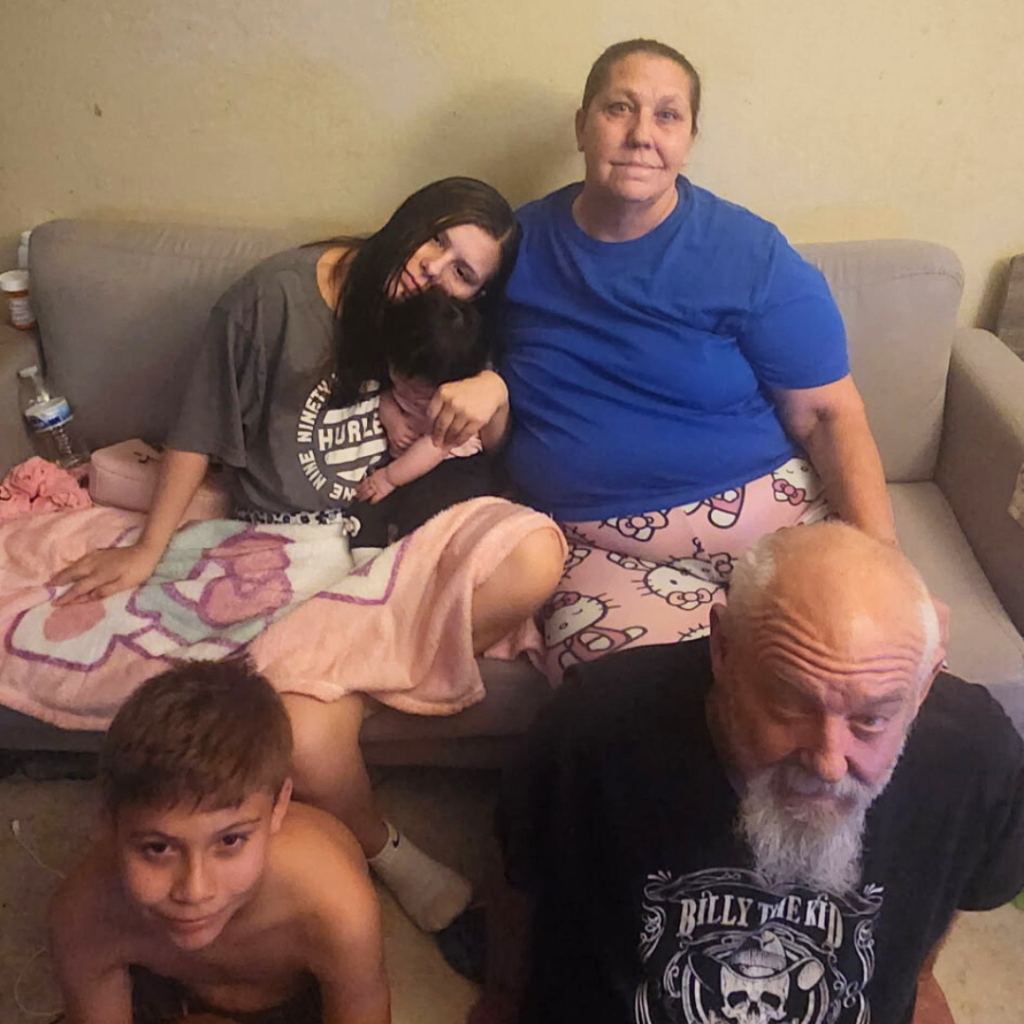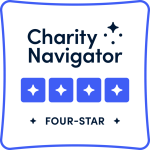Dr. Brad Smith, Medical Director at Mission of Mercy Arizona, shares his personal battle with skin cancer and urgent advice on sun safety, early detection, and the importance of protecting your skin year-round.
The largest organ of the human body is the skin. As such, it covers and protects the entire body, and it also regulates systems such as body temperature and vitamin D synthesis. The skin is both a barrier and a marvelous sensory system. In its many multifaceted roles, it often reveals conditions that are informative to health practitioners.
As a native of Phoenix, I learned early on that the sun can wreak havoc on this vital body organ. Even today with this knowledge, the majority of people choose to be out in the sun unprotected from dangerous UV rays. We view the resulting sunburns as just a standard, inconvenient part of living in the desert.
Unfortunately, due to my light complexion, I sunburned to the point of getting blisters many times in my youth.
“A ‘tan’ is simply the body’s way of saying, ‘I am trying to protect the skin by producing more melanin.’ If you have ANY question about a lesion on your skin, be smarter than I was and get it checked out by a dermatologist ASAP.”
As I aged into my early 30s, I began to develop basal cell carcinomas on my sun-exposed skin. Since these were mostly small in appearance, I chose to overlook them rather than seek medical treatment. As a result, these cancerous lesions continued to appear and grow in size, requiring dermatologic treatment. Although I was more attentive to the application of sunscreen, the damage had been done.
In 2014, my father was diagnosed with stage 5 melanoma. While a primary lesion was never identified, he successfully underwent treatment with the newly developed “checkpoint inhibitors” and has been cancer free ever since. I thought to myself, I really have dodged a bullet since none of my lesions has that type of appearance.
However, in 2019, I was diagnosed with metastatic cutaneous squamous cell carcinoma, which, by definition, is automatically stage 4. Subsequent treatment has involved numerous head and neck surgeries, radiation and many infusions of immunotherapeutic drugs. Even as I write this guest column, I am in the midst of continued treatment.
My advice is simple: Stay out of the sun unless needed, and ALWAYS use and reapply sunscreen when participating in activities that expose your skin to the sun. Take precautions like wearing hats, sunglasses and long sleeves outside whenever possible. Remember that the skin can burn even when it is cloudy, and that a “tan” is simply the body’s way of saying, “I am trying to protect the skin by producing more melanin.” If you have ANY question about a lesion on your skin, be smarter than I was and get it checked out by a dermatologist ASAP.”
NOTE: This was originally written for The Script’s July 2024 edition, which covered World Skin Health Day on July 8, 2024.







